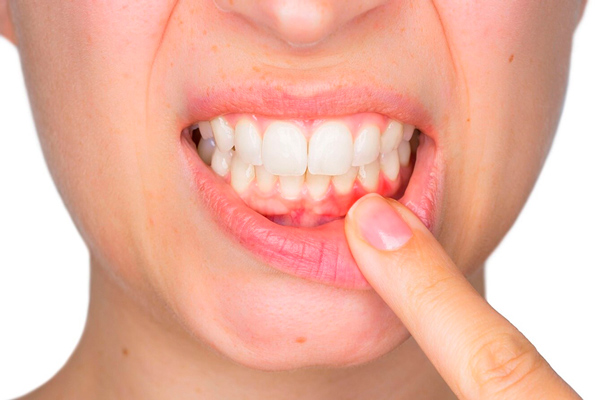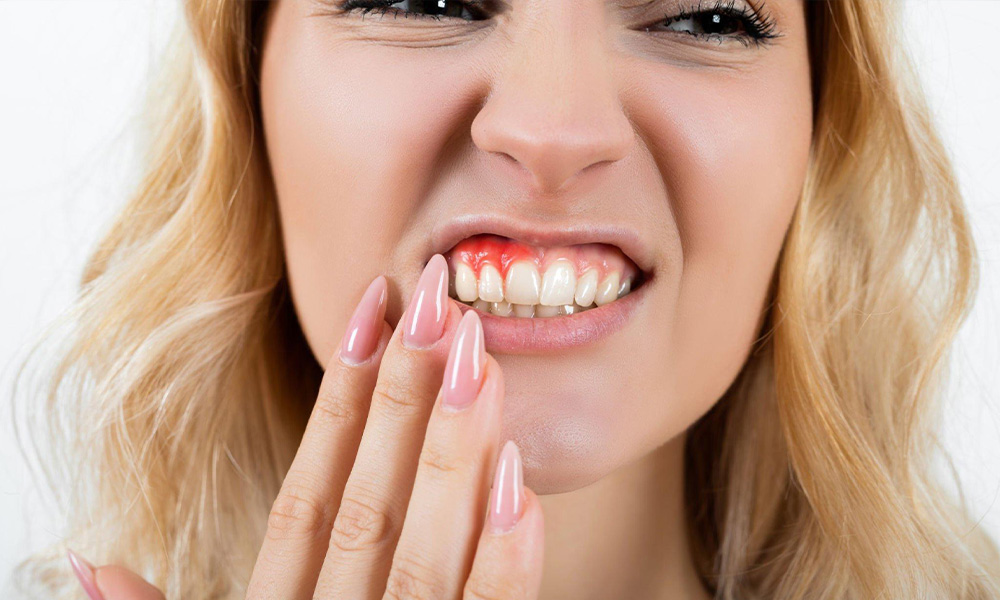Gingivitis is a mild but common form of gum disease that causes red, swollen, and bleeding gums. It develops due to plaque buildup along the gumline and, if left untreated, can progress into periodontitis, a severe condition that may lead to tooth loss. Fortunately, gingivitis is reversible with proper care. This guide will help you understand how to treat and prevent gingivitis for healthier gums.
Causes and Symptoms of Gingivitis
The primary cause of gingivitis is poor oral hygiene, which allows plaque—a sticky bacterial film—to accumulate on the teeth and gums. Other contributing factors include:
✔ Smoking and tobacco use
✔ Hormonal changes (e.g., pregnancy, menopause)
✔ Diabetes or other health conditions
✔ Nutrient deficiencies (e.g., vitamin C)
✔ Certain medications that reduce saliva flow
Symptoms to Watch For
🔹 Red, swollen gums
🔹 Bleeding gums while brushing or flossing
🔹 Persistent bad breath
🔹 Tenderness or gum recession
Early detection and treatment can prevent gingivitis from worsening.

How to Treat Gingivitis
1. Improve Your Oral Hygiene Routine
✅ Brush Twice Daily – Use a soft-bristled toothbrush and fluoride toothpaste, brushing for at least two minutes each time.
✅ Floss Daily – Removes plaque from between teeth, reducing bacterial growth.
✅ Use an Antibacterial Mouthwash – Rinse with a chlorhexidine or essential oil-based mouthwash to kill bacteria.
2. Professional Dental Cleaning
A professional dental cleaning is essential to remove hardened plaque (tartar) that cannot be removed by brushing alone. Treatments may include:
🔹 Scaling – Removes plaque and tartar buildup from teeth and gums.
🔹 Root Planing – A deep cleaning procedure to smooth tooth roots and promote gum healing.
Regular check-ups every six months help prevent gingivitis from returning.
3. Lifestyle Changes for Healthier Gums
✔ Quit Smoking – Tobacco weakens the immune system and worsens gum disease.
✔ Eat a Balanced Diet – Vitamin C and calcium support gum health.
✔ Stay Hydrated – Drinking water helps wash away bacteria.
✔ Manage Stress – Stress can weaken immunity, making it harder to fight infections.
4. Home Remedies for Gingivitis Relief
🌿 Saltwater Rinse – Reduces inflammation and bacteria buildup.
🌿 Aloe Vera Gel – Soothes irritated gums.
🌿 Coconut Oil Pulling – Helps remove toxins and bacteria.
🌿 Turmeric Paste – Anti-inflammatory properties aid in gum healing.
Preventing Gingivitis Long-Term
✔ Maintain a consistent oral care routine
✔ Visit the dentist every six months
✔ Avoid excessive sugar and acidic foods
✔ Monitor your gums for early signs of gingivitis
If symptoms persist despite proper care, consult a dentist immediately to prevent further complications.
Final Thoughts
Gingivitis is treatable and preventable with good oral hygiene and professional care. By taking action early, you can protect your gums, prevent tooth loss, and maintain a healthy smile for life!

